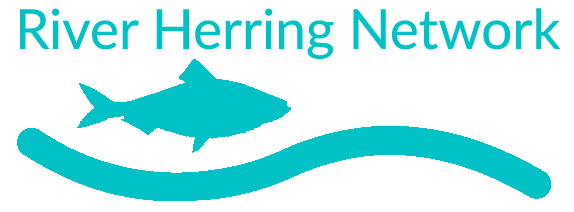Middleboro Selectmen discuss whether and when to reopen Herring Run to non-commercial fishing
By Jane Lopes/Contributing Writer
SouthCoast Today
Thursday
Posted Apr 13, 2017 at 2:01 AM
MIDDLEBORO — Oliver Mill Park is officially the most popular outdoor area in town, given the 8,700 visitors to last weekend’s herring festival alone.
But the anadromous little fish that find their way up the Nemasket River every spring may soon make Oliver Mill even more popular, and provide it with some local competition.
The historic site of Judge Peter Oliver’s colonial iron works is also one of the most active herring runs in Massachusetts, along with a second run at the Wareham Street bridge. Fish “ladders” that were built to aid the fish in their upstream struggle are maintained and monitored by the Middleboro-Lakeville Herring Fishery Commission. The two towns share the duties because the successful herring find their way into the Assawompsett Ponds Complex in Lakeville.
The herring commission is currently surveying Middleboro and Lakeville selectmen and conservation commissions about whether and when to reopen the runs for non-commercial fishing. All 80 Massachusetts runs as well as herring runs up and down the Atlantic coast have been closed since 2006 to allow a decimated herring population to recover.
During Monday night’s selectmen’s meeting, Fishery Commission Chairman William Orphan said the question for local officials is whether and when to reopen the Middleboro runs now that permission has been obtained from the federal government. The Middleboro commission, which has been working with the state Division of Marine Fisheries for 12 years to develop a sustainable fishery plan, is the only entity to have obtained permission to reopen so far.
“We don’t want to be the only ones to open, but we don’t want to wait 20 years to reopen either, if we are going to reopen,” Orphan said.
He said the reopening would definitely not happen this year. The commission would need time to develop manpower to monitor the runs, would have to work with state agencies to develop hours, and would have to make decisions about permits for residents and non-residents.
MORE VIDEO: HIGHLIGHTS FROM OLD ROCHESTER’S 6-0 WIN OVER FAIRHAVEN ON WEDNESDAY. #SCVARSITY
Play
Mute
Current Time 0:01
/
Duration Time 0:58
Loaded: 0%Progress: 0%
FullscreenAutoplay Toggle
In the past the towns followed state guidelines and set fishing limits at about 10 percent of the annual harvest. Prior to the 2006 ban, more than a million fish would arrive in the Nemasket on their way to spawning grounds each spring. The number dropped to as low as 250,000 but has recovered significantly and is now around 600,000, commissioners said.
“I would like to see this happen,” Selectman John Knowlton said. He said he would like to see a mix of residential and non-residential permits, priced affordably. He suggested a lottery rather than a first come, first served method of issuing permits.
Commission Secretary David Cavanaugh said in the past the permits, priced at $25, were issued to all Middleboro and Lakeville residents who applied, while 200 were issued to non-residents – the state requires all fish runs to be open to residents and non-residents alike. About 700 permits were typically issued to residents, he said, and recreational fishermen would wind up taking a total of about 30,000 fish from the runs each year.
Chairman of Selectmen Allin Frawley indicated his board will take the commission’s request under advisement.
“This is the beginning of a long conversation,” he said.
“We have the permission slip in our back pocket now,” Cavanaugh said. “It’s our decision to make.”
]]>